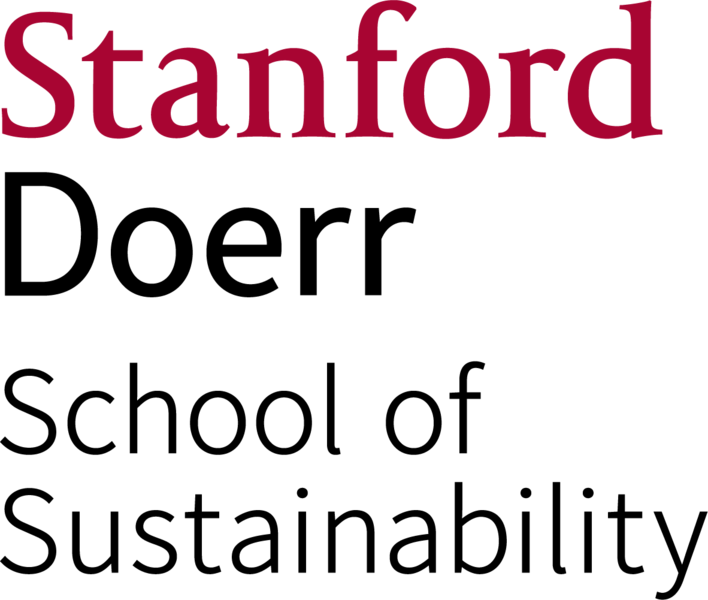2022 Tectonics - Petrology - Geochronology (TPG) Seminar Series
Main content start
Date & Time
Wednesdays, January 26 - February 23
Time: 12:05 - 1:00pm US PST
Download Flyer 06 Jan 2022 B (pdf)
Speakers
- Jan. 26: Serge Lallemand, Université de Montpellier and CNRS
“Subduction initiation from the earliest stages to self-sustained subduction: Insights from the analysis of 70 Cenozoic sites”
Lallemand, S., and Arcay, D., 2021. Subduction initiation from the earliest stages to self-sustained subduction: Insights from the analysis of 70 Cenozoic sites. Earth-Science Reviews, v. 221, p. 103779. doi: 10.1016/j.earscirev.2021.103779 - Feb. 2: Ann Bauer, University of Wisconsin–Madison
“The tectonic regimes responsible for Earth's earliest continents”
Bauer, A.M., Reimink, J.R., Chacko, T., Foley, B.J., Shirey, S.B., and Pearson, D.G., 2020. Hafnium isotopes in zircons document the gradual onset of mobile-lid tectonics. Geochemical Perspectives Letters, v. 14, p. 1-6. doi: 10.7185/geochemlet.2015 - Feb. 9: Benjamin Klein, Université de Lausanne
“Construction of a trans-crustal magma system, Bear Valley Intrusive Suite, southern Sierra Nevada”
Klein, B.Z., and Jagoutz, O., 2021. Construction of a trans-crustal magma system: Building the Bear Valley Intrusive Suite, Southern Sierra Nevada, California. Earth and Planetary Science Letters, v. 553, p. 116624. doi: 10.1016/j.epsl.2020.116624 - Feb. 16: Christopher Spencer, Queen’s University (Ontario)
“Enigmatic orogens of the Mesoproterozoic: Hot, thin, and low”
Spencer, C.J., Mitchell, R.N., and Brown, M., 2021. Enigmatic mid-Proterozoic orogens: Hot, thin, and low. Geophysical Research Letters, v. 48, p. 1-12. doi: 10.1029/2021GL093312 - Feb. 23: Barbara John, University of Wyoming
“Time to revisit the Penrose paradigm: How does fast spread ocean crust form?”
Maher, S.M., Gee, J.S., Cheadle, M.J., and John, B.E., 2021. Three-dimensional magnetic stripes require slow cooling in fast-spread lower ocean crust. Nature, v. 597, p. 511-515. doi: 10.1038/s41586-021-03831-6
Registration
Registration is optional, but highly recommended.
- To register, please email tdumitru@stanford.edu (Trevor Dumitru) using subject term “TPG Reg”. The only information we need is your email address. We’ll email you updates, weekly reminders, changes to Zoom links, etc.
- Questions: We may not read emails with subject term “TPG Reg,” so please send questions, etc. using subject term “TPG Questions”.
- Our Zoom limit is 500 people. In the unlikely event a meeting exceeds 500, registered people might have priority. If you can’t join because a meeting is full, email us so we’ll know. We might be able to increase the limit for future talks.
- Zoom link: https://stanford.zoom.us/j/98437700929?pwd=QUM3R284RHpneFZXN2VqNldIMCtRUT09
Zoom meeting ID: 984 3770 0929
Password: 313758.
We expect, but are not positive, that all talks will use the same link. Any updates to talks or links are probably in the most recent email that you received and/or are posted on this page.
Details
- Dates and time: Once a week, Wednesdays, 12:05 to 1:00 pm US Pacific Standard Time. Some people log in as early as 11:50 am to catch up with colleagues. Discussions may continue until about 1:20 pm. 12:05 pm PST is 21:05 Wed. Central European Time.
- Talk level: Advanced; directed mainly toward graduate students, post-docs, faculty, and geoscientists with interests in TPG.
